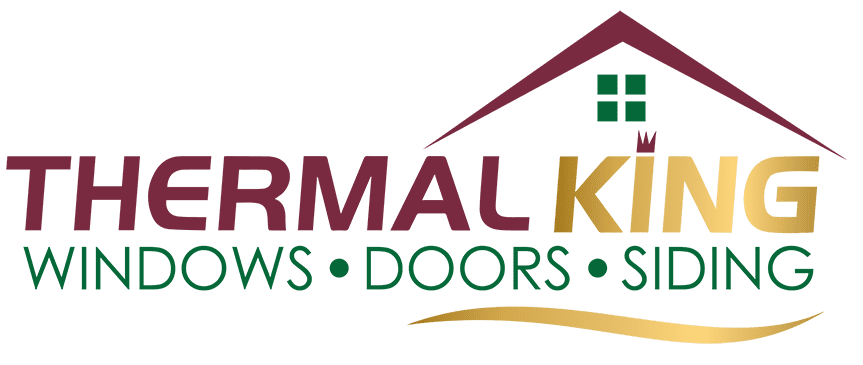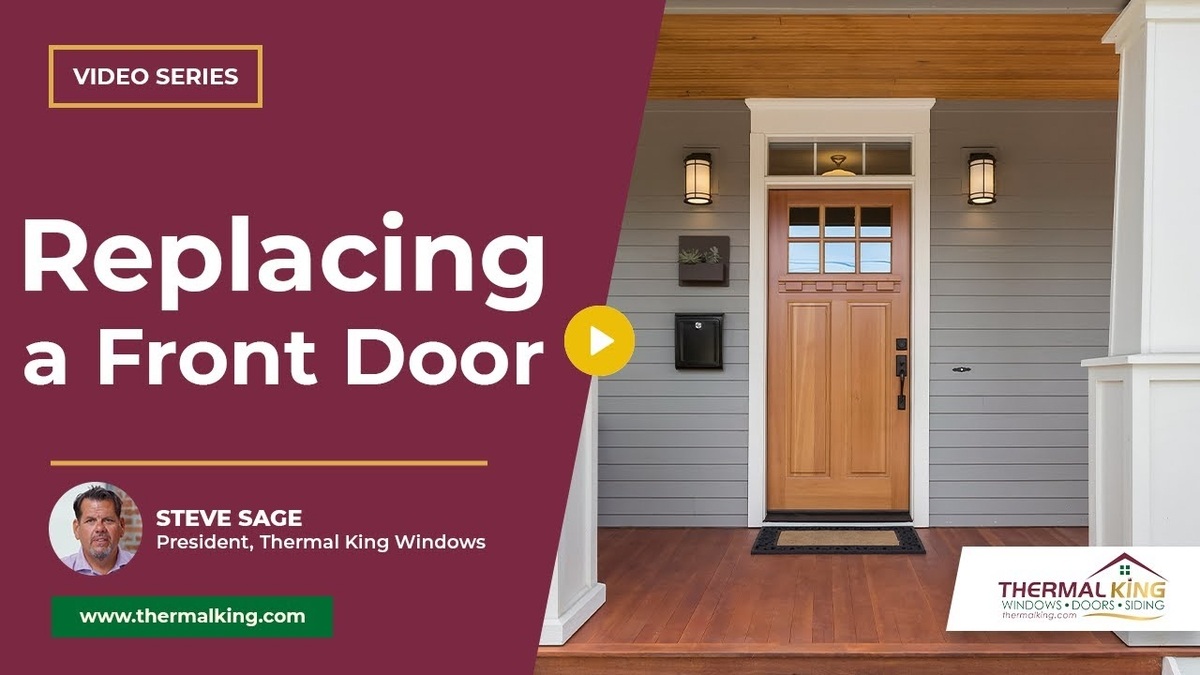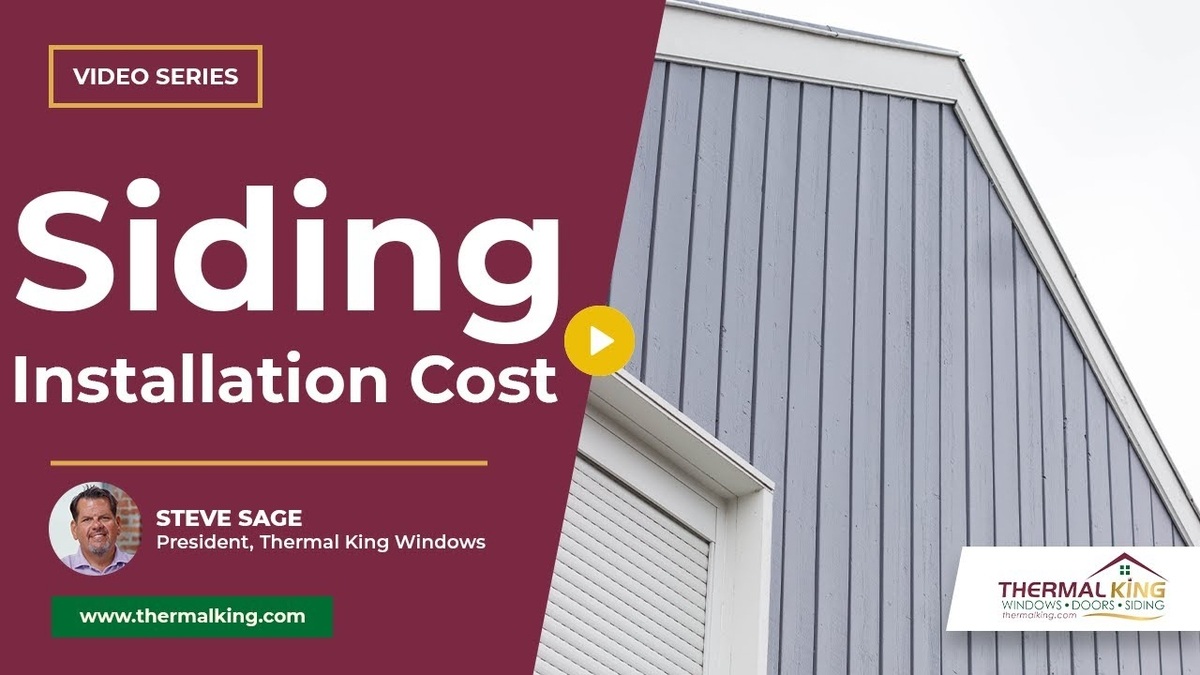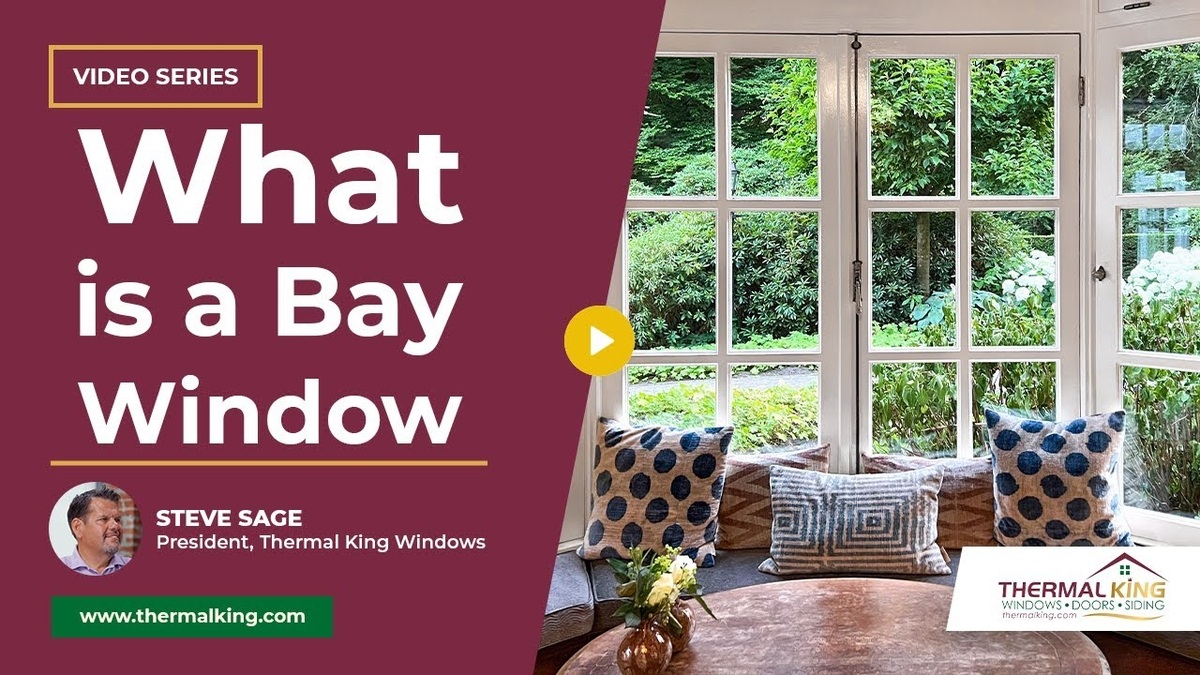Window frame systems come in various materials, each offering unique advantages and disadvantages. From classic wood frames to modern hybrid options, understanding the available choices is crucial when considering window replacement or installation. Let’s explore the diverse world of window frame options and their characteristics.
Wood Frames: A Classic Choice
Wood frames are perhaps the most classic option for window construction. They have a long history, dating back to the time of log cabins and early wood windows. The primary advantage of wood frames is their versatility in terms of aesthetics. You can paint or stain them to match any color scheme, making them a popular choice for homeowners seeking customization.
However, wood frames are prone to rot and warping over time, leading to maintenance issues and reduced longevity. As a result, many homeowners today opt for alternative materials.
Metal Frames: Durability with a Trade-off
Metal frames emerged as a replacement for wood frames, offering enhanced durability and minimal maintenance requirements. Unlike wood, metal frames do not rot or warp, making them ideal for longevity.
However, their efficiency is a concern, especially in terms of thermal insulation. Metal conducts heat, meaning that the temperature outside is quickly transferred indoors, leading to energy inefficiency. As a result, metal frames have fallen out of favor in modern home construction due to their poor insulation properties.
Vinyl Frames: The Popular Choice
Vinyl frames represent the largest segment of the window frame market. They are favored for their energy efficiency, low maintenance requirements, and ease of cleaning. Many homeowners are attracted to vinyl frames because they offer a solution that seems perfect on the surface—no painting, energy savings, and minimal upkeep.
However, despite these benefits, vinyl frames have their drawbacks. They are susceptible to warping and distortion over time, particularly when exposed to heat. Additionally, the warranty coverage for vinyl frames often includes clauses that limit coverage for damage caused by heat-related stress, further highlighting their vulnerability in certain conditions.
Molded Fiberglass Frames: A Durable Alternative
Molded fiberglass frames, derived from the same material used in boats and Jet Skis, offer a durable alternative to traditional window frame materials. They are highly resistant to warping, UV degradation, and other environmental factors that can affect vinyl frames. However, like any material, molded fiberglass requires maintenance. Over time, the painted surface of fiberglass frames may degrade, requiring repainting to maintain their appearance and performance.
Hybrid or Combo Frames: The Best of Both Worlds
Hybrid or combo frames combine the benefits of vinyl and molded fiberglass to create a superior window frame option. By integrating a vinyl exterior with a molded fiberglass interior, these frames offer efficiency, durability, and minimal maintenance requirements. The vinyl exterior provides energy efficiency and ease of cleaning, while the molded fiberglass interior reinforces the frame, preventing warping and sagging. This combination effectively mitigates the weaknesses of each material, resulting in a window frame that offers the best of both worlds.
In Summary
When considering window frame options, it’s essential to weigh the pros and cons of each material. While wood frames offer timeless aesthetics, they require regular maintenance to prevent rot and warping. Metal frames provide durability but lack energy efficiency. Vinyl frames are popular for their low maintenance, but they may warp over time, especially in hot climates. Molded fiberglass frames offer durability but require periodic repainting to maintain their appearance. Hybrid or combo frames provide a balanced solution, combining the strengths of vinyl and fiberglass to create a long-lasting, efficient window frame option.
For further information or assistance in choosing the right window frame for your home, feel free to contact us.



